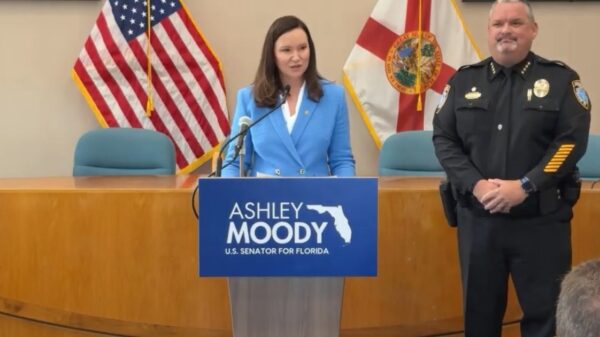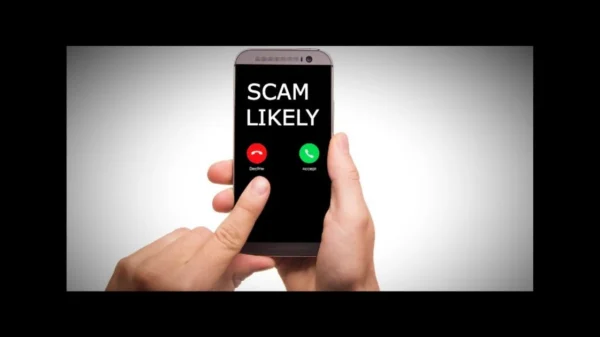This week, Florida Attorney General Ashley Moody urged the Federal Communications Commission (FCC) to put measures in place that will help stem the tide of foreign-based illegal robocalls attempting to scam Americans.
Moody, as part of a bipartisan group of 51 attorneys general, sent a letter to insist the FCC require gateway providers—companies that allow foreign calls into the United States—to take steps to reduce how easily robocalls are able to enter the U.S. telephone network. These necessary steps include implementing STIR/SHAKEN, a caller ID authentication technology that helps prevent spoofed calls. In 2020, Americans lost more than $520 million through robocall scams.
“Scammers often use robocalls in an effort to quickly engage millions of targets across the country. Robocalls using spoofed numbers are difficult to track and even harder to stop—especially when they originate from overseas. That is why I am calling on the FCC to work with telecommunications companies to put up barriers to reduce the number of foreign robocalls bombarding Americans’ telephones,” Moody said on Monday.
In the letter, the attorneys general say that gateway providers should be required to implement the STIR/SHAKEN technology within 30 days of it becoming a rule to help eliminate spoofed calls, and to make sure that international calls that originate from U.S. telephone numbers are legitimate. In December 2021, Moody and a coalition of 51 attorneys general successfully persuaded the FCC to shorten the deadline for smaller telephone companies to implement STIR/SHAKEN by a year.
The attorneys general are now asking the FCC to require gateway providers to take additional measures to reduce robocalls, including:
Responding to requests from law enforcement, state attorneys general or the FCC to trace calls within 24 hours;
Blocking calls when providers are aware of an illegal, or likely fraudulent, caller;
Blocking calls that originate from numbers that are on a ‘do not originate’ list, such as government phone numbers that are for incoming calls only; and
Ensuring that foreign telephone companies providers partner with are ensuring that calls are being made from legitimate numbers.
The attorneys general are also encouraging the FCC to require all telecommunications companies to block calls from a gateway provider if it fails to meet these requirements.
Moody is joined in this action by the attorneys general of Alabama, Alaska, Arizona, Arkansas, California, Colorado, Connecticut, Delaware, the District of Columbia, Georgia, Hawaii, Idaho, Illinois, Indiana, Iowa, Kansas, Kentucky, Louisiana, Maine, Maryland, Massachusetts, Michigan, Minnesota, Mississippi, Missouri, Montana, Nebraska, Nevada, New Hampshire, New Jersey, New Mexico, New York, North Carolina, North Dakota, Ohio, Oklahoma, Oregon, Pennsylvania, Rhode Island, South Carolina, South Dakota, Tennessee, Texas, Utah, Vermont, Virginia, Washington, West Virginia, Wisconsin and Wyoming.





















